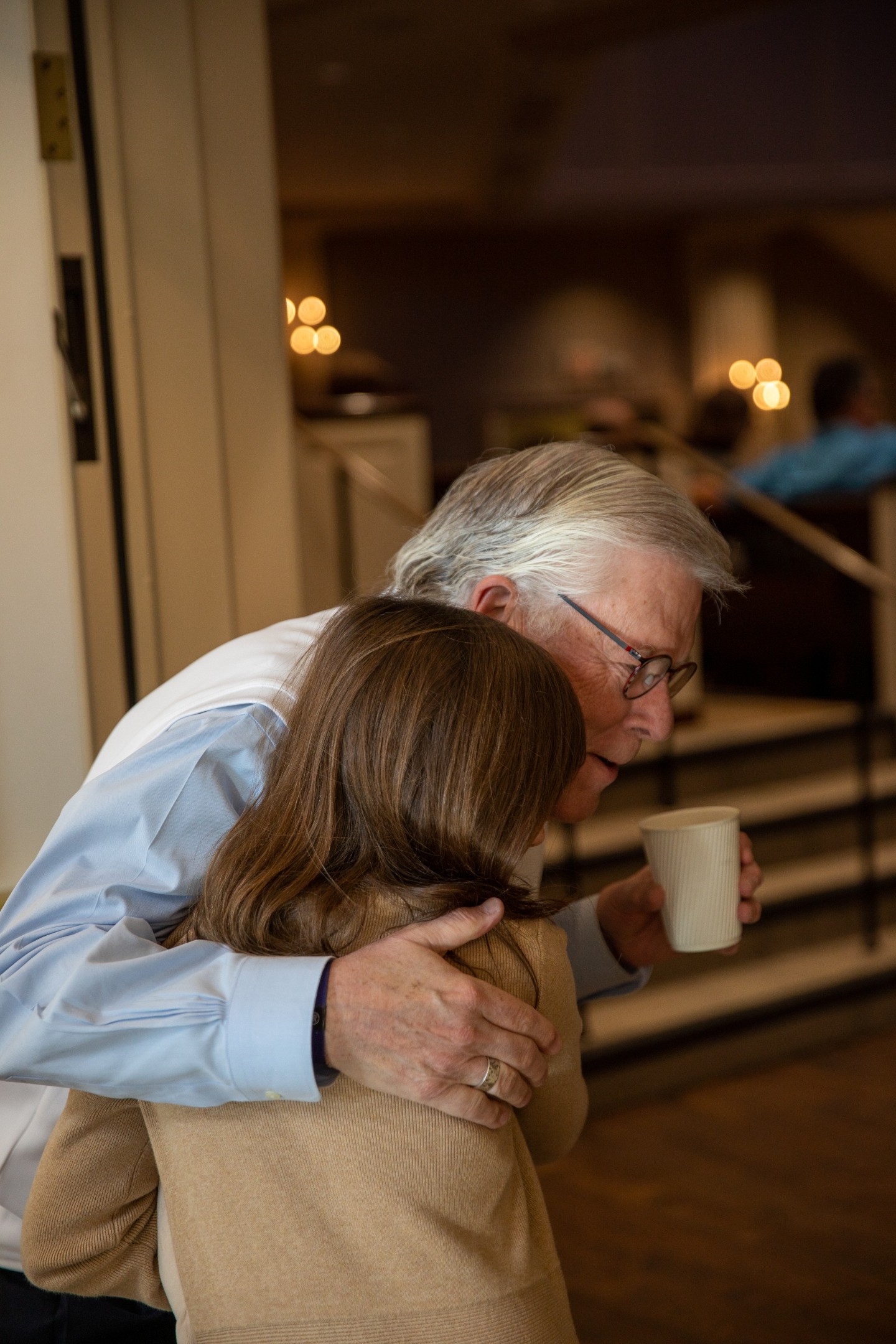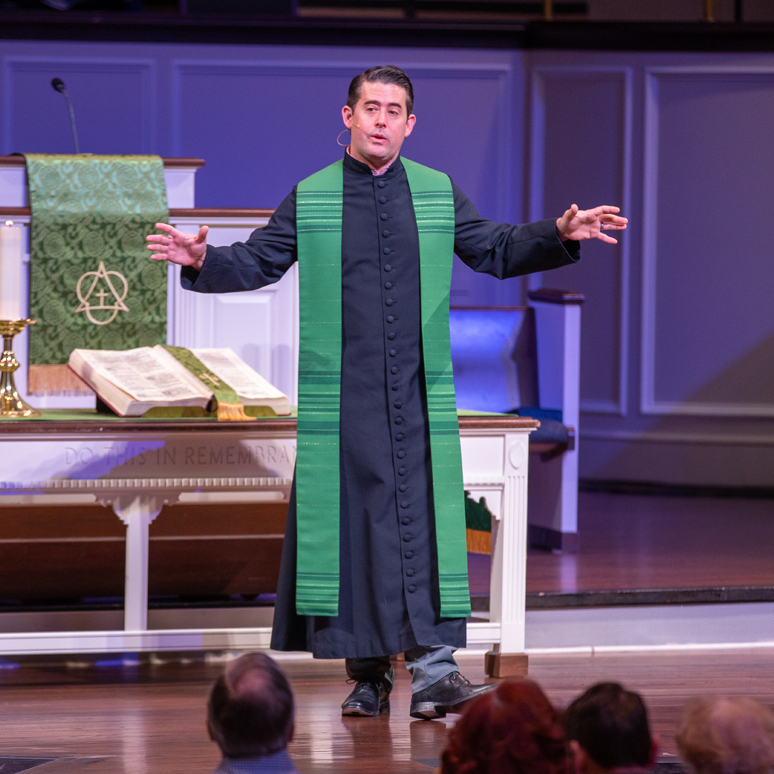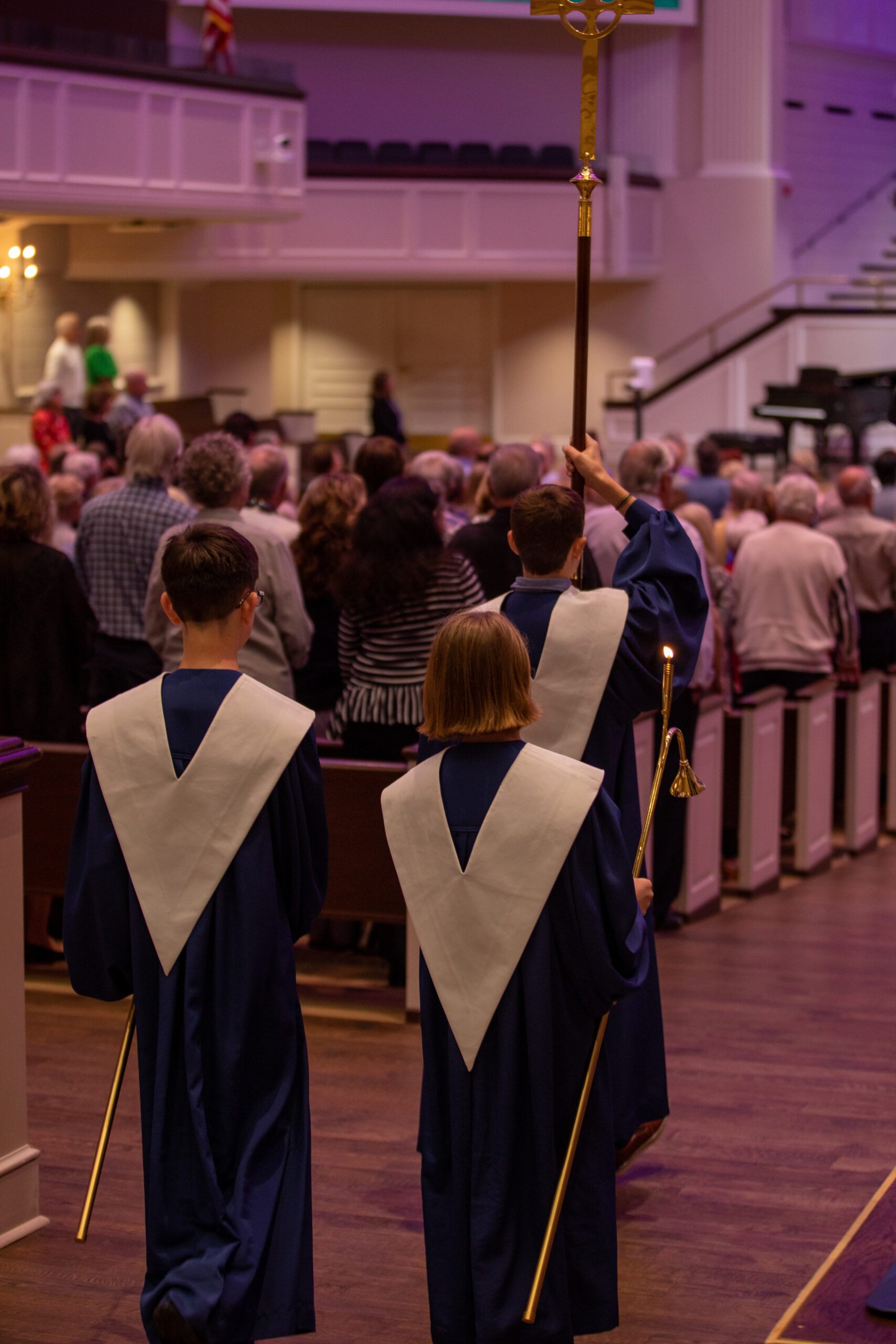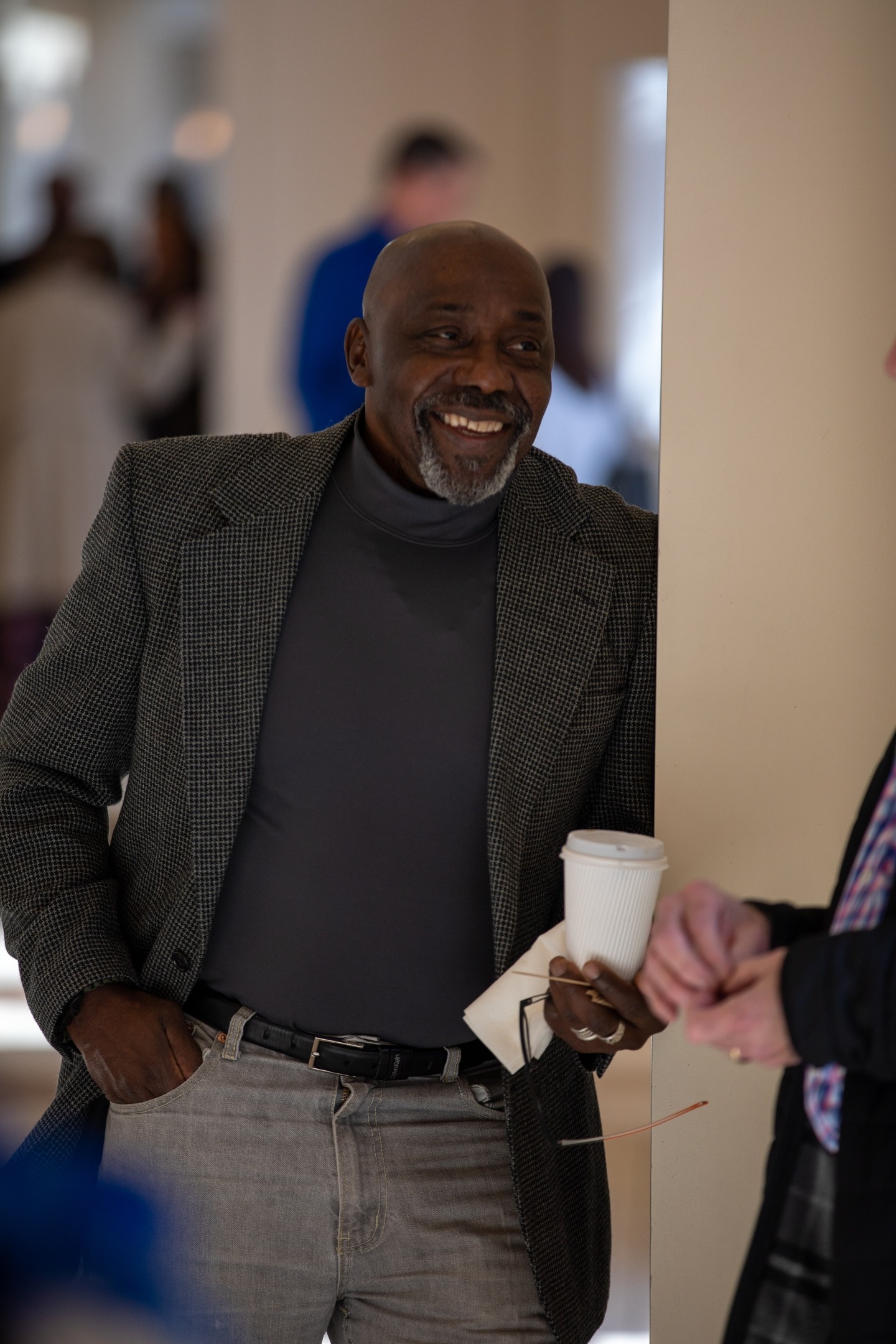All Call Lighthouse United Night + Summer Sign Up Night
- Date:
- Time: 07:00 P.M. - 09:00 P.M.
- Place: St. Andrew Methodist Church
At St. Andrew, we are a community of people seeking to live more like Jesus every day and to learn in deeper ways what it means to follow His teachings, live in community, and serve the world.



You will find pastors and a congregation confident in the Word of God, who interpret the Scriptures through reason, experience, and tradition, and seek to apply them to a life of following Jesus.
The modern world can be challenging and often seems designed to move us away from Christ, but we believe when we come together as a community united by an earnest desire to live more like Jesus, we can create change. In seeking Christ together, there is joy – a tangible expression of the work of the Holy Spirit in our community. And we believe that joy foretells of the day we will eat and drink at his table in the Kingdom of Heaven.
Wherever you are on your spiritual journey, we invite you to discover the truly transformative role faith can play. We welcome you to a community ready to embrace a faith in Christ that is real, practical, and life-changing.
Whether you’re a new member or a regular patron, St. Andrew welcomes all who come to join us. We have a variety of events happening all throughout the year

Our online services are streamed live every Sunday morning, and they’re also available anytime on our website. If you’re worshiping in person, you’ll find our church to be a warm and welcoming place.
What to Expect
In Worship
As Christians, we are called to worship both as a church body and as individuals. At St. Andrew, we embrace the time spent together in worship and prioritize delivering two different but equally engaging worship experiences – traditional and contemporary. The styles are very different, but both are designed to foster a fuller knowledge of God while we stand beside each other as confessors of the Christian faith.
Whichever way you choose to worship with us, we invite you to authentically and creatively connect with God. And we promise you will always find an outstretched hand ready to welcome you to an outstanding worship experience.

Our traditional services engage you through liturgy, strengthening prayers and deepening one's awareness of Christ. We sing, recite, and pray together, relying on one another to create each worship experience and bring the words to life. When we do, there is something both magical and reverent that happens when singing and speaking words that have been used by Christians for hundreds, even thousands, of years.
Learn More
When you join us for a contemporary service at St. Andrew, get ready to experience something immersive. We can’t wait to welcome you into an inviting, spirit-filled worship experience populated by a live band, contemporary sounds, and biblical teachings that feel relatable and relevant.
Learn More
Service, by its nature, requires sacrifice. God calls us to serve just as he called Jesus. Giving our time and talents is our way of answering that call. St. Andrew offers members the opportunity to share the love of God through many different ministries and missions. Whether you want to serve locally or in a distant location like Costa Rica, we offer opportunities for you to make an impact by responding to the needs of our world.
